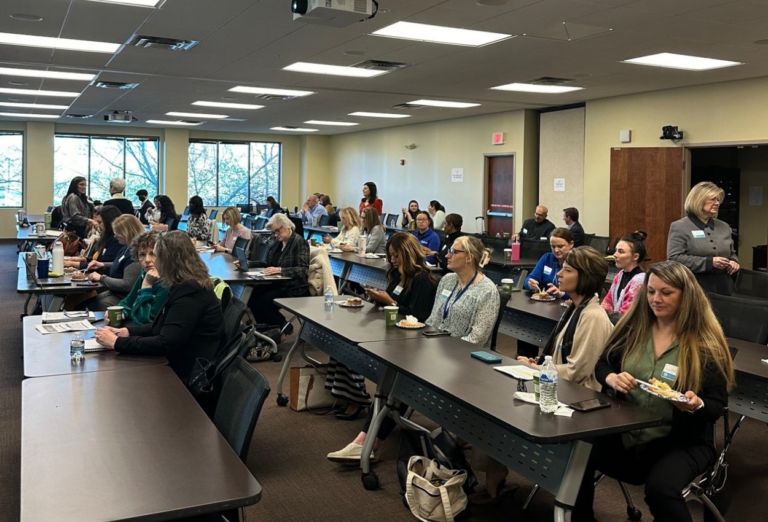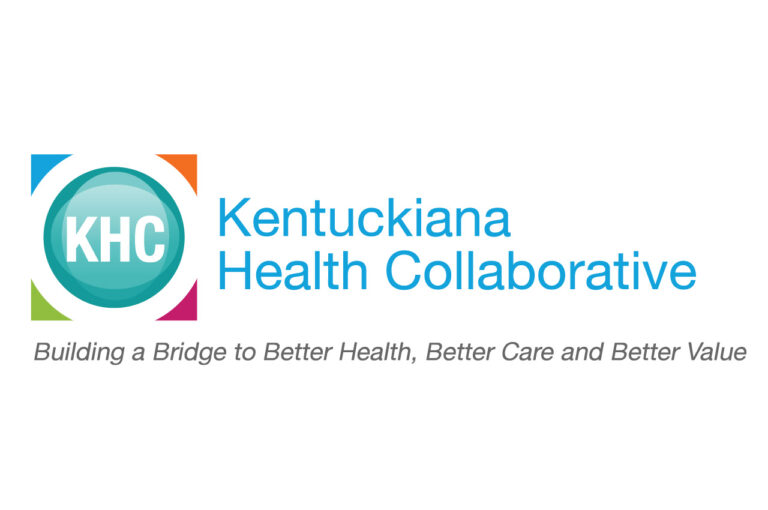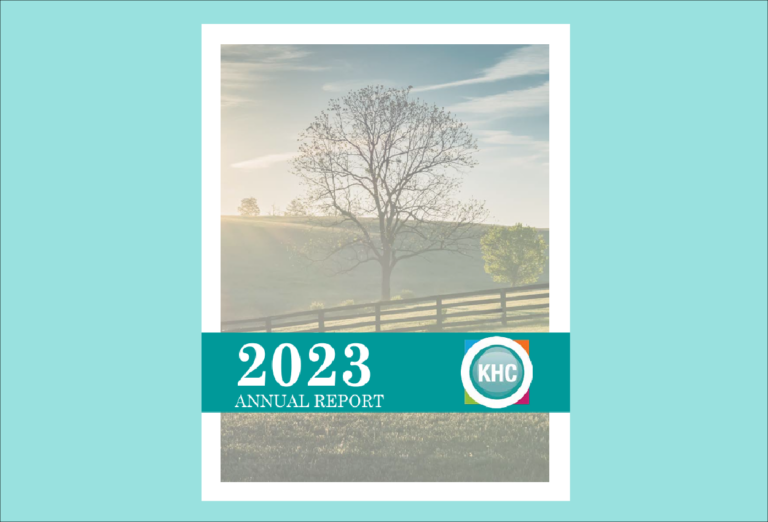(Note: This guest blog post was written by Misha Rhodes, MD, Chief Medical Officer, KY and IN, CenterWell Senior Primary Care)
I remember the idealistic view I had of the medical profession when I was in med school. Like most of my classmates, I saw the practice of medicine as a calling, almost a moral imperative. I wanted to help people heal, to make the world a happier, healthier place.
It wasn’t long before reality began to sink in. Long days, sometimes stretching into nights. Too many patients, not enough time. A painful imbalance between work and down time. The sense that we were merely processing people, without knowing whether we were truly making them well or not.
I kept thinking there had to be a better way.
As it turns out, there is. It’s called value-based care. In short, it’s an approach to health care that prioritizes quality over quantity. How well is the patient faring instead of how many tests and procedures have we ordered for them.
I first saw the benefits of value-based care in early 2020 when I accepted a role to lead a new team using this model in delivering primary care to seniors in the home. With the pressure off on meeting quotas, I discovered that I could see fewer patients, have longer visit times, improve my work-life balance, and not change my lifestyle or income. This is somewhat of an oversimplification, but the idea is that your medical practice is reimbursed a set amount per patient each month, and the incentive is to reward patient outcomes. Allowed more time per patient, I was able to see my patients not merely for their critical illness or disease state, but as the whole persons they are.
Having witnessed the transformative effect of value-based care on both my patients and on myself, I committed to this model for the long term. Recently my journey led me back home to Louisville to accept a leadership role in the Kentucky-Indiana market for CenterWell Senior Primary Care, an organization with its roots in Louisville that will have locations in 15 states before the year is out. Another compelling aspect of the CenterWell approach is its commitment to open many of its centers in chronically underserved communities. For example, we recently opened our first center in West Louisville, bringing seniors a new level of access to preventive care. Providing care to people in their own communities is a step toward greater health equity.
Through it all, my passion for practicing medicine has only increased. I have found my “clinical home” within this model, which rewards and encourages time spent with patients and allows doctors to be doctors, while an integrated care team supports my work with relevant resources for behavioral health, social work, and case management to address the spectrum of patients’ needs. This holistic view makes healing and caring more realistic. I can say that I have come full circle and feel again like that medical student I was so long ago.






